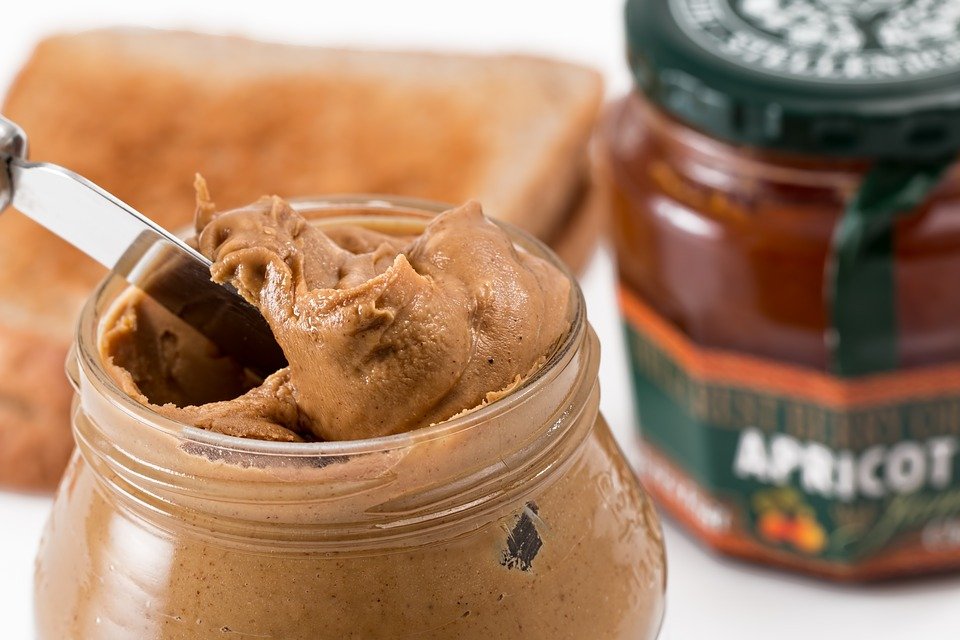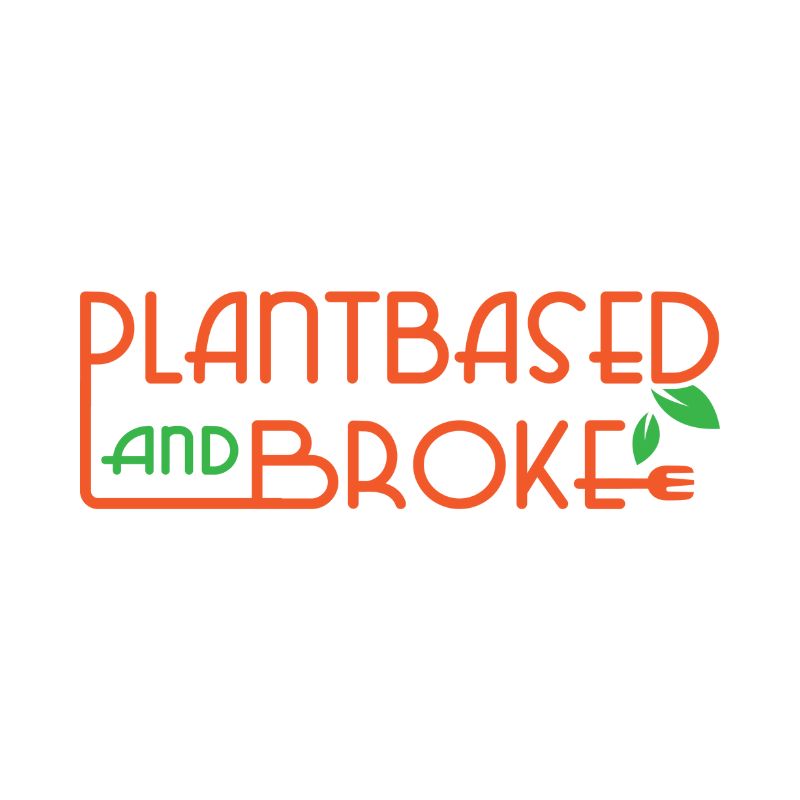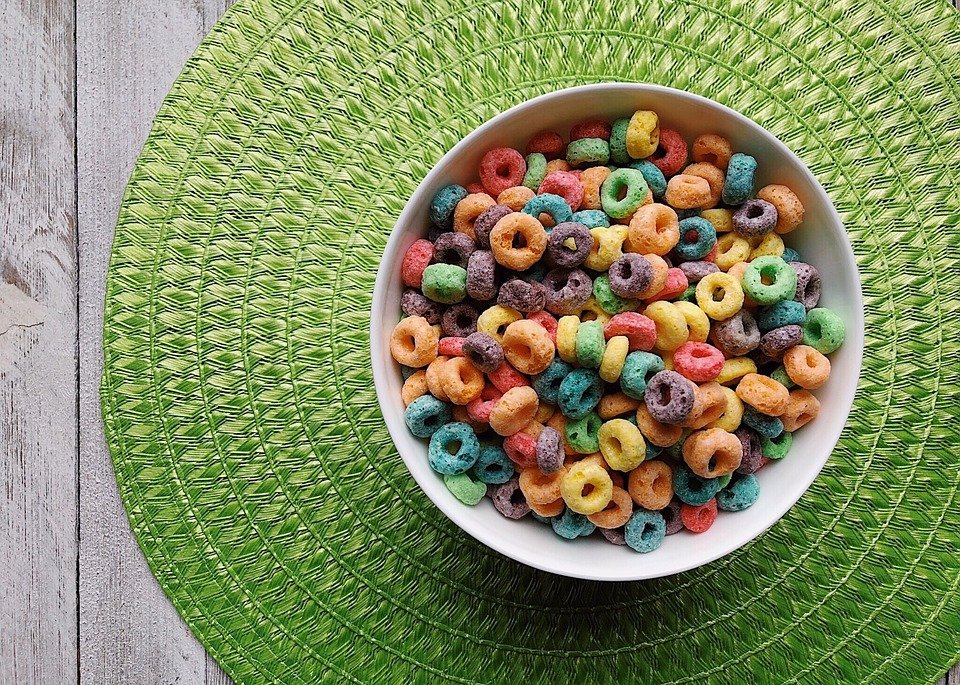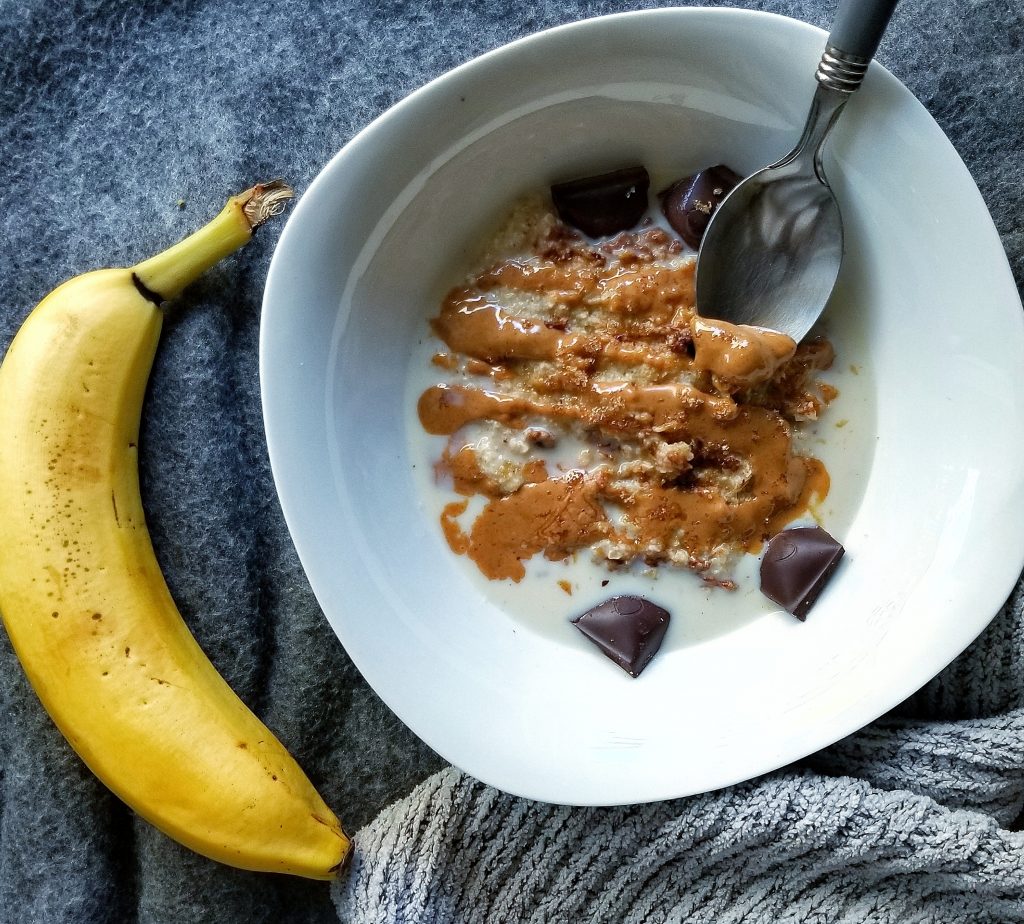Jump to:
What Is Processed Food?
Processed food, or convenience food, is a food that has been commercially prepared to ease the process of consumption.
We associate processed food with ready-to-eat, microwaveable meals, or snack foods such as chips, bars, and candies. However, it's important to remember that processed foods is on a spectrum of possibilities.
Some are minimally processed and others are ultra processed.
Some processed foods have artificial additives that serve various purposes, for example, to preserve the food, to give the food a certain color, give it a certain flavor, or to give it a particular texture.
For example, a potato is a whole food. However, mechanically processing them into your favorite bag of BBQ flavored potato chips is an example of how a potato is turned into a processed food.
Examples Of Processed Food
So, now you’re thinking that all processed foods are terrible for you. Well, that’s both true and not true.
There are various levels of processed foods and some are better than others.
Examples of popular processed food that are often stripped of many nutrients and added with preservatives.
- Cookies
- Chips
- Granola bars
- Refined sweeteners
- Vegan fake “meats”
- Instant ramen
- Frozen dinners
- Cereal
- Bread
- Biscuits
- Vegetable oils
- Frozen desserts
- Bakery products
- Sugary drinks

There is some good news, there are processed foods that are still considered healthy. Healthier options for processed foods include the following:
- Canned beans
- Frozen fruits
- Frozen vegetables
- Nut butter
- Whole grain breakfast cereals
- Vegan milk
- Whole grain pasta
- Hummus
- Tofu
The items above are considered processed, but minimally. They still retain a lot of their nutritional value.
To get the most out of your processed foods, take note of any added ingredients. Choose low-sodium, no added sugar, and go for ingredients you trust.
All in all, moderation is key. Plant-based eaters simply strive to eat foods that are minimally or not at all processed.
Why Choose Plant-Based Over Processed Foods
You’re probably wondering what the big fuss of reducing or eliminating processed food is all about. We’ve hit the health part of the discussion a little bit, however, there are other reasons why this is the way to go.
It’s Environmentally Friendly
Processed food has an impact on our global home. It takes its form of impact in various, different ways. One, food packaging from processed items ends up in landfills where it can take a long time to breakdown - especially plastic.
When you’re purchasing fresh produce, free of packaging, you’re not contributing to the floating garbage polluting our planet.
Pro tip: there’s no real reason to throw produce into those plastic bags in the produce section. Drop them right into your cart or basket. Wash them when you get home.
Secondly, high-fructose corn syrup (HFCS) is an ingredient that is highly common in processed food. You can find them in just about everything: from cereals to bread to juices. Don’t be tricked by the name - it’s not corn. It’s a food product that is incredibly processed and depleted of all of its nutrients.
High fructose corn syrup requires a lot of pesticides, which in turn, weakens our topsoil. According to The New York Times, “the dead zone in the Gulf [of Mexico] has been starved of oxygen by the fertilizer runoff coming down the Mississippi from the Corn Belt.
Then there is the atrazine in the water in farm country — a nasty herbicide that, at concentrations as little as 0.1 part per billion, has been shown to turn male frogs into hermaphrodites.”
High fructose corn syrup is not good for our health or the environment. Find products free of this ingredient.
Plant-based foods do not carry high fructose corn syrup - just because it’s not processed food. What you see if what you get with plant-based foods. Apple? Yep, that’s just an apple. Kale? Yep, that’s just kale.

It’s Human Health Friendly
Although there are many arguments for and against different types of diets, you can’t deny that fresh vegetables and fruits are good for you.
According to an article by The Permanente Journal regarding the benefits of a plant-based diet, research shows that plant-based diets are cost-effective, low-risk interventions that may lower body mass index, blood pressure, HbA1C, and cholesterol levels.
In other words, a plant-based diet may help with weight management, prevention and management of diabetes, regression of heart disease, lower blood pressure, and reduced risk of mortality.
However, it isn’t enough to just be vegan. And this is why it’s important to understand why a plant-based diet can be vegan, but a vegan diet is not always plant-based.
It’s about the elimination, or great reduction of processed foods, a majority of the food consumption coming from whole-food, plant-based foods, and eating foods that are free from unfamiliar ingredients.
Although a plant-based diet requires some planning, time, and education, it’s not impossible.
Make small changes, starting with the introduction of whole food, plant-based foods.


 Dark Chocolate & Peanut Butter Oat Bran
Dark Chocolate & Peanut Butter Oat Bran
Mary Ann Lesh
Well-done website!
plantbasedandbroke
Thanks!